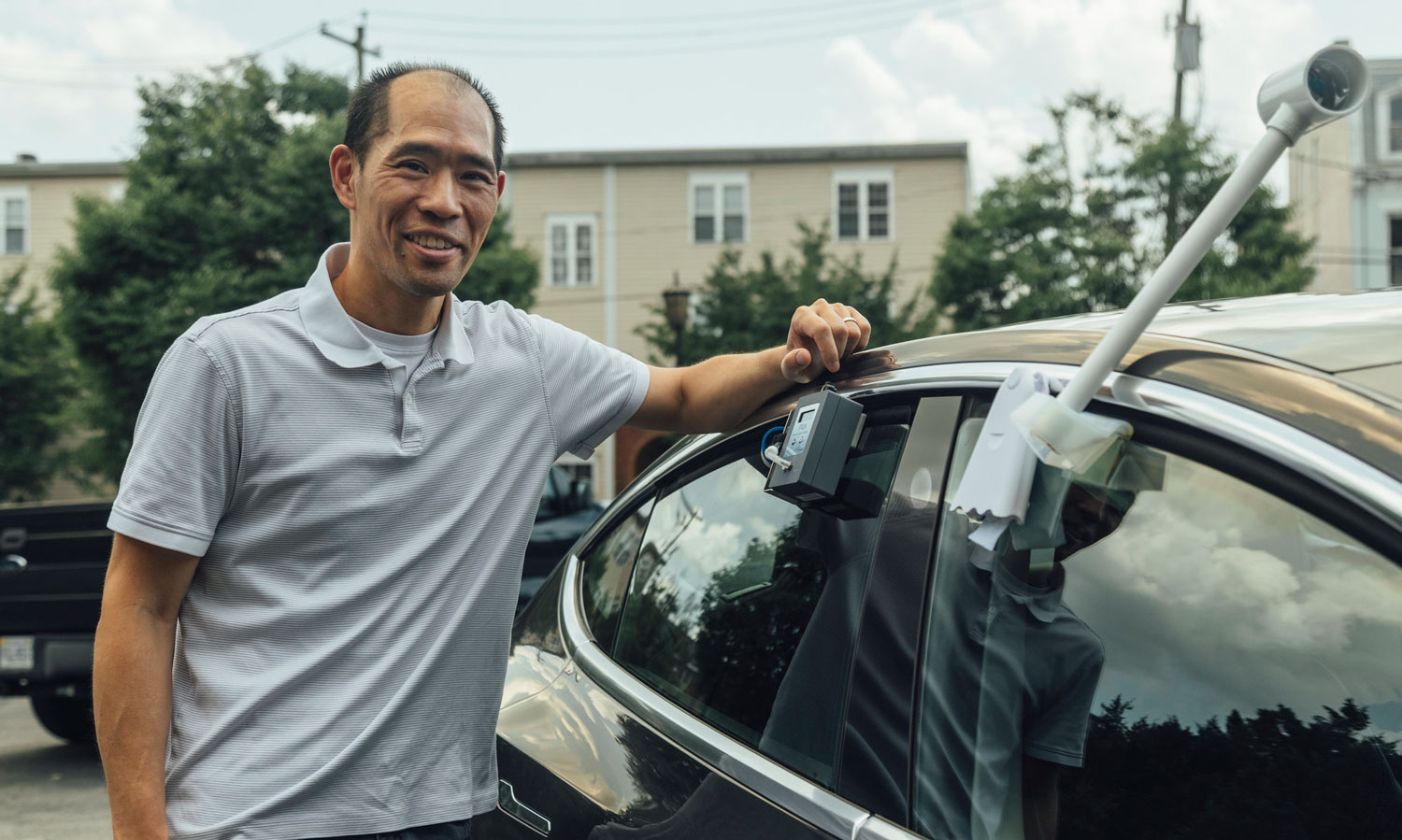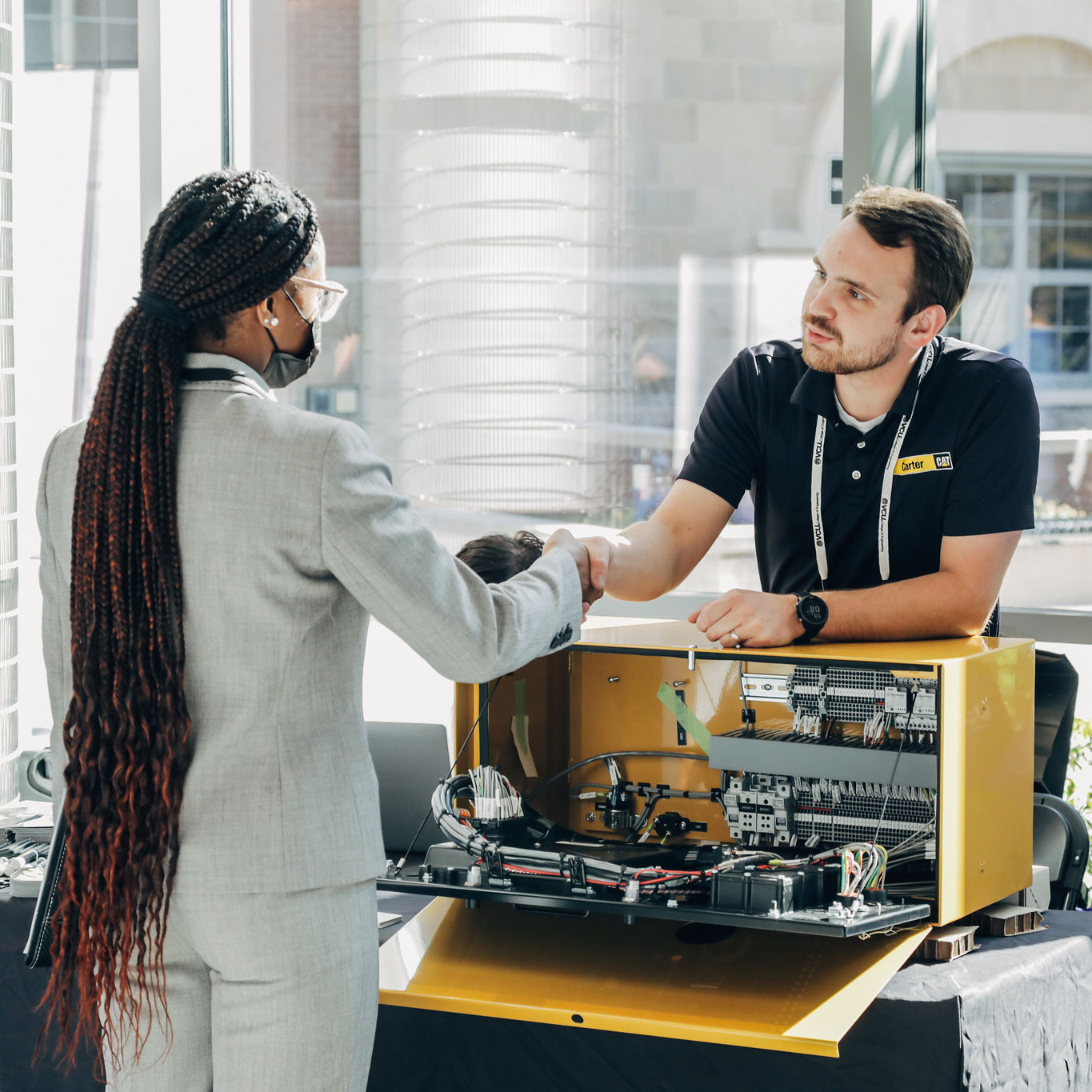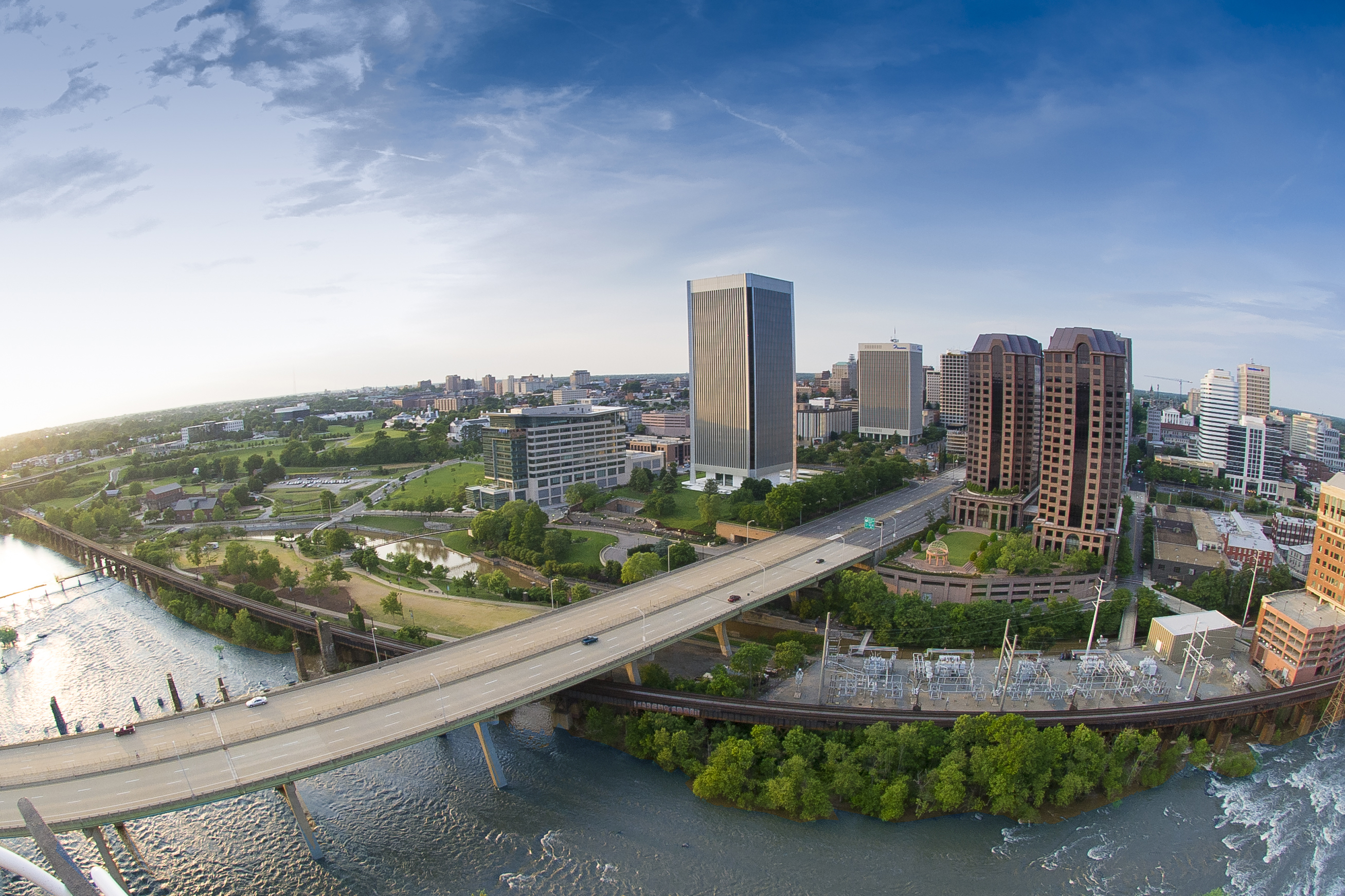Chemical & Life Science Engineering (CLSE) at VCU
Apply valuable classroom teachings in lab and professional settings that culminates in a capstone design course. Develop skills in college you can use to solve real-world engineering challenges. Access to learning spaces equipped with industry-strength tools allow you to apply the theoretical knowledge from lectures in practical, real-world lab environments.
Tools available at the state-of-the-art Unit Operations Lab include:
- Continuous reaction engineering
- Distillation
- Reverse osmosis
- Fermentation technologies
- Advanced analytical characterization methods
Bridging the gap
Chemistry is essential to modern life. From home and personal care products to clothing and sports equipment to automobiles and electronics, chemistry helps make thousands of products we rely on every day. Chemical engineers are the bridge between molecular science and consumer products.
Learn real-world applications in classes and labs that teach:
- Sustainability
- Tissue engineering
- Biomaterials
- Biomanufacturing
- Pharmaceutical Process Development
- Drug Delivery


Research opportunities
Hands-on learning opportunities start at enrollment with well-funded faculty within the Department of Chemical and Life Science Engineering who are at the top of their research fields. This includes:
- $14.7 million in annual research expenditures in 2022, placing us in the top five chemical Engineering programs within the United States.
- More than $1 million per faculty member in research expenditures for 2022
Students have opportunities to work on projects funded by:
- National Aeronautics and Space Administration (NASA)
- Department of Energy (DOE)
- Defense Advanced Research Projects Agency (DARPA)
- Food and Drug Administration (FDA)
- National Science Foundation (NSF)
- Department of Defense (DoD)


Your first job won’t be your first job
Your journey at the College of Engineering moves you toward an engineering career. You will have many opportunities to work with employers before graduation, developing an understanding for the kind of work you enjoy and building a network of relationships for the foundation of your career. These opportunities include:
Cooperative Education (Co-op): Take a semester away to work a full-time engineering job while maintaining student status. Get paid, learn valuable industry knowledge and grow your professional network.
Internships: Apply what you learn in the classroom in a professional setting to gain valuable practical experience.
Student Organizations: Find like-minded students with a passion for chemical and life science engineering.
Vertically Integrated Projects (VIP): Get school credit while leading and contributing to large-scale, multi-year research.
Looking to the future
Chemical and Life Science engineering students find many opportunities while enrolled at the College of Engineering and when they graduate. Our students have found success in companies like:
- GlaxoSmithKline
- DuPont
- Suez
- Proctor & Gamble
- Deloitte
- Merck
- ChemTreat
- Dow
- IBM
- Estée Lauder


Beyond the classroom
Centered in the heart of Richmond, Virginia (often referred to as RVA), college life at VCU is completely different from a more isolated, traditional campus experience. There’s so much to do, and RVA isn’t just any city. It’s got character. A state capital with an unlikely mix of qualities — historic, artsy, food-obsessed, Southern, diverse, laid-back — it has just the right dose of grittiness to give it an edge.
